|
FILM SUBMISSION 2011
Log in
Accredited by
|
15 MINUTES WITH TONY PALMER16.03.2010
With a career sprawling in four decades and films which amount to 100 +, Tony Palmer is still fascinated by interesting people who happen to be musicians and keeps on making films about them. Bulgarian audience had the rare chance to see one of his early works, the crazy journey of Frank Zappa and his band 200 Motels, the peculiar yet maybe veritable account on Chopin’s relation with a Polish countess The Strange Case of Delphina Potocka or The Mystery of Chopin, and his latest controversial portrait of the Greek composer Vangelis, Vangelis and the Journey to Ithaca. If you have seen the last you are among the few lucky ones, because the future of the film and its release is uncertain, since Vangelis himself is not happy with the end result. Tony Palmer gave a series of interviews during his last day in Sofia and here’s what he said for the festival site. I might got some of it right, but I also might got some of it wrong. In 15 minutes, as he pointed out, it is hard to tell whether you got the right impression for the man in front of you. I read about the film Vangelis and the Journey to Ithaca that it is the only authorized biography of him. Tony Palmer: No, it’s not authorized by him. It was made with him but he hates it. He’s done everything possible to stop it. He says it gives a bad or wrong impression of him. I’ve just completely lost patience but I am not going to give up. If he wants to go to court in England, he’ll lose. At some point he was signed up by Sony Classics and they asked me to make a film in order to promote him within Sony Classics but they didn’t have any money. So I found the money through a friend of mine and the movie was produced by Greek ship magnates. The sad thing is, I don’t know whether he knows it or not, I suggested the film to various broadcasters, I suggested it to the BBC, to American TVs – they were not interested. We made a lot of compromises just to keep him happy, but he’s still not happy about it. And I am a director with some reputation after all, I can’t let him dictate me everything. But there are so many famous people in the film, like Hugh Hudson, Ridley Scott, Oliver Stone, Roman Polanski, Harrison Ford, Sean Connery, who pay tribute to him. There are segments on his early career, on his latest compositions, he’s also presented as an artist. It seems like a thorough movie about him. Tony Palmer: I agree with you but he thinks it damages his reputation, which is nonsense. He thinks it diminishes him. This is one of the reasons I accepted Stefan Kitanov’s invitation here because I got so sick of Vangelis telling me that he hated the movie that I became very worried that the film is not good, so I wanted to see it with an audience. Well, people stood up and cheered, I was very moved, I was in tears. In the end, if you want to have a film about you made exactly as you see yourself, you should be the one producing it. So, how do you draw the line between what your perception of the person you’re making a film about is and the face they want to show? Tony Palmer: I’ll tell you this – Serge Lifar, the last famous choreographer of Dyagilev, when we were interviewing him he told me a wonderful story about himself. How in 1929 he went to Venice looking for Dyagilev. He knew that Sergey Pavlovich was very ill. I personally remember the date he said because it was my birthday. So, he claimed with tears rolling down his eyes that the same night Dyagilev died in his arms. Terrible story. The trouble is there’s no word of truth in it. It was not in Venice, it was not on 29 Aug and Dyagilev didn’t die in the arms of Lifar but this is the story Lifar wants to tell me. With living people you’ve got a problem, because they’re not going to tell you the truth. It’s an extreme case I told you about but it is often the case. Dead people are easier a subject because they can’t answer for themselves. But then off course there is this public image. People have an image of what Chopin was like, for example. So when you make a film and you chose a completely different kind of person – and my understanding of this person comes from my listening to the music and trying to understand what kind of person he was, what is he trying to tell me with his music – this is not the kind of film in which a feeble old man speaking with the kind of voice I am speaking today, this is the music of a man who’s passionate and angry and furious and full of energy and guts! People say, “This is not the image of our god Frederic Chopin.” So with the dead people is not again as straightforward as you would think it could be. And what I am always interested in is people, I am not interested in Maria Callas because she was a great singer, I am interested in her because she was woman in a hell of a mess who happened to be a singer, rather than a great singer who happened to be a woman in a hell of a mess. Karl Orf, for example, was also not e very bright figure. He was a terrible man. I interviewed his three wives and his children, and they all said terrible things about him. Still, this doesn’t make him a worse composer than he was. So you’re not approaching them because you like their music. Tony Palmer: I am approaching them through the music. And it is a kind of a journey and exploration and trying to find out what really made them those human beings that they were. Off course I am guessing. On the whole, I think I guessed more right than wrong. It happens that sometimes people accused me of guessing wrong. I made a big film about Brahms, for example, and I was absolutely determined to do in the way that I did it. It is called Brahms and the Little Singing Girls. When I was asked who those girls were I had to explain that Brahms grew up in the brothels in Hamburg and when in the end of his life, the last 15 years actually, he lived in Vienna, we knew that he was looked after by the city’s prostitutes. They did everything for him. They were his family and they looked after him. This was deeply offensive to Brahms’ purists. We did the film in 1992-93. In 2001 came out a book about Brahms and it had a whole chapter about the Little Singing Girls, and it was written there that the first who realized this story was the British director Tony Palmer. You’re taking risks all the time. For example, what if I go home now and write a few paragraphs about you. And that would be my guessing, it’s not going to be the truth about you. I might get some of it right, I might get some of it wrong. If I spend a month with you than there’s a better chance that I get more of it right and less of it wrong. So when I start to make a film about somebody I will spend a year, or 2-3 years just listening to the music, talking to them, gradually getting to know them, interviewing them several times. But your filmography consists of more than 100 movies. How do you find a time for this long process of researching? Tony Palmer: I am very old and I lived a very long time! Out of your movies do you have a personal favorite, a film that you’re more satisfied with the results? Tony Palmer: No, I don’t have a favorite. It’s like a woman giving birth to her new child. It’s my favorite child. I also have 3 other children but this one is the best that I like right now. The most recent film is always the one that I feel is the most wonderful. Some come very close to what I think philosophically. The film I made about Parsifal for example (Parsifal, 1997). Or the film that I made for the Miss World Contest comes very close to what I think about women and beauty. Not really the same as my favorite film but I am aware that some of them I got right and some of them I got wrong. Why did you start in a first place making movies about musicians, composers, singers? Why did you choose this particular genre? Tony Palmer: When I joined the BBC I was asked to make my first film Benjamin Britten & His Festival. Unfortunately it was not bad and they said, “That’s what he can do.” I tried several times to escape but never really for good. You received here the Sofia Municipality award. Tony Palmer: Yes, I was amazed. I don’t know what I did to deserve it. You know what I mean – I am enormously flattered, and very proud of it. I honestly, genuinely don’t think I did anything to deserve it. I am always a bit surprised about awards. And what is really the case is that sometimes I think a film is really good, but it get’s ignored. And a film that I am not really happy with gets an award. One knows oneself which is good and which is not good. How did you meet Stefan Kitanov? Tony Palmer: He invited me at the Rock Film Festival because I made a lot of rock and roll films as well. He made me feel incredibly welcomed and I liked him enormously. When I came the second year I told him I have a film that I need to find some big locations and I asked him whether he would like to be the co-producer. He said, why not. What I didn’t realize was that he never produced a film. That film, Englang, My England, started his career as a producer. And he did a wonderful job! And later on we collaborated on The Strange Case of Delphina Potocka or The Mystery of Chopin. Lora Traykova LESS THAN A MONTH TO SUBMIT YOUR FILMS TO SOFIA INTERNATIONAL FILM FESTIVAL 2011.11.11.2010
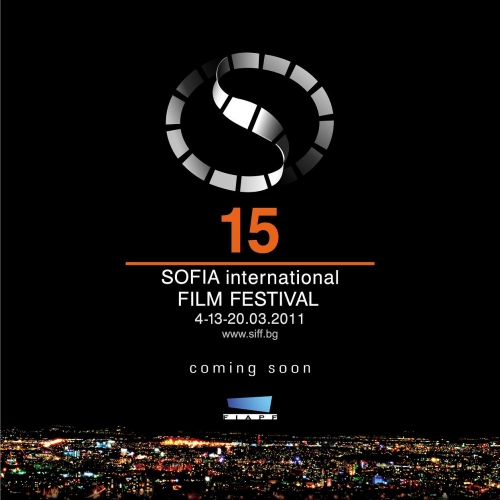 The 15th Sofia International Film Festival will be held from 4 until 20 March 2011 in Sofia, Bulgaria.
Deadline for film submissions: December 1, 2010 The 15th Sofia International Film Festival will be held from 4 until 20 March 2011 in Sofia, Bulgaria.
Deadline for film submissions: December 1, 2010 NIKOLAJ NIKITIN: NEW BULGARIAN CINEMA IS VERY PROMISING09.11.2010
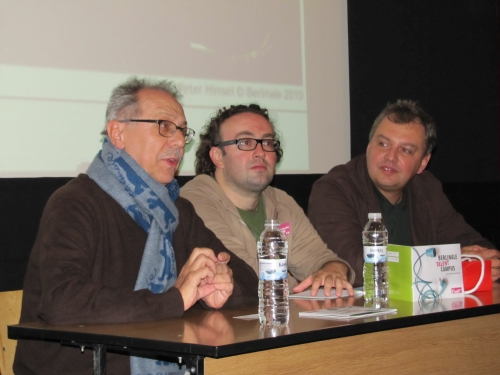 Berlinale's foreign delegate for Eastern Europe was in Sofia in October along with the festival’s director Dieter Kosslick. He agreed on an interview via e-mail in spite of his busy traveling schedule. Berlinale's foreign delegate for Eastern Europe was in Sofia in October along with the festival’s director Dieter Kosslick. He agreed on an interview via e-mail in spite of his busy traveling schedule. OPEN CALL FOR FILM SUBMISSIONS 201122.10.2010
DIETER KOSSLICK: IF YOU DON'T HAVE MONEY, YOU SHOULD INVEST IN CULTURE15.10.2010
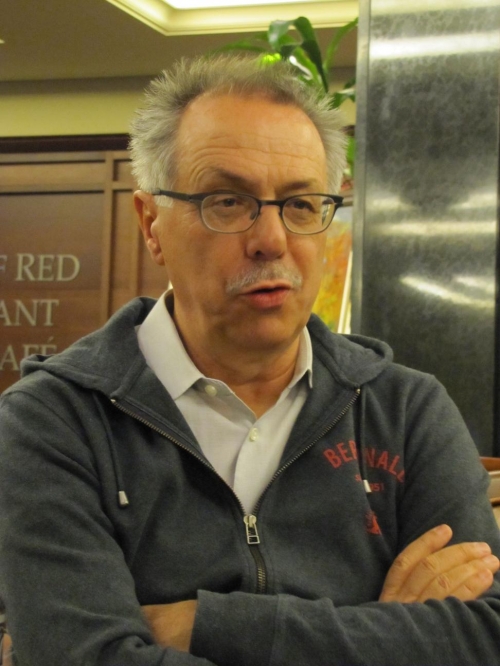 Berlinale's director Dieter Kosslick was in Bulgaria for meetings with Bulgarian filmmakers and to present the festival’s Talent Campus to students. Berlinale's director Dieter Kosslick was in Bulgaria for meetings with Bulgarian filmmakers and to present the festival’s Talent Campus to students. DIETER KOSSLICK AND NIKOLAJ NIKITIN PRESENT BERLINALE TALENT CAMPUS IN SOFIA06.10.2010
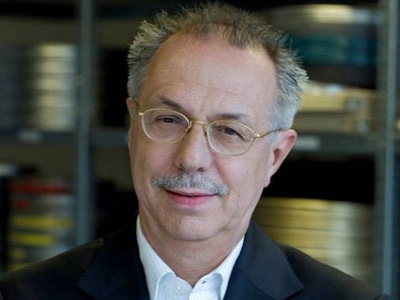 Berlinale's director and the selector for Eastern Europe will attend a meeting in NATFA on 14 October Berlinale's director and the selector for Eastern Europe will attend a meeting in NATFA on 14 October Sofia Meetings '10 participant Dragomir Sholev shows his film "Shelter" in San Sebastian27.09.2010
WIN A CO-PRODUCTION!16.09.2010
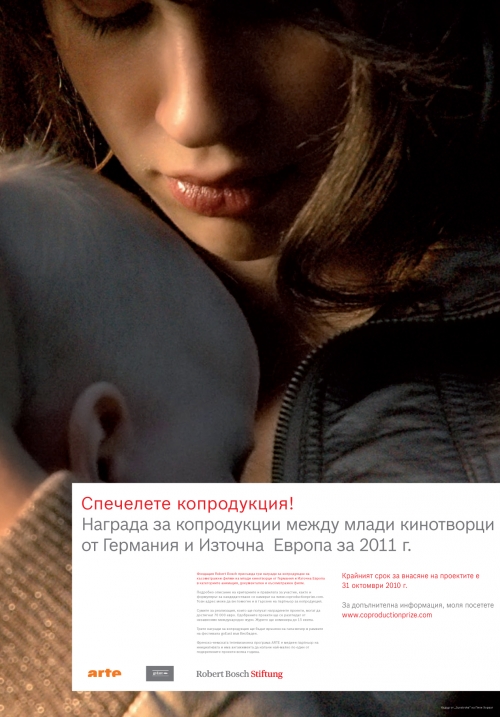 The Robert Bosch Stiftung awards three coproduction prizes for joint short film productions by young German and Eastern European filmmakers. The Robert Bosch Stiftung awards three coproduction prizes for joint short film productions by young German and Eastern European filmmakers. "THE WORLD IS BIG" TOUCHED 4000 PEOPLE IN NIS28.08.2010
KAMEN KALEV SHOOTS LETICIA KASTA IN A SOFIA MEETINGS’04 PROJECT27.08.2010
"SOFIA MEETINGS" WINNER RECEIVES AN AWARD IN LOCARNO16.08.2010
06.08.2010
27.07.2010
20.07.2010
19.07.2010
16.07.2010
05.07.2010
THREE FILMS FROM SOFIA INT'L FILM FESTIVAL '10 IN THE MOSCOW PROGRAMME02.07.2010
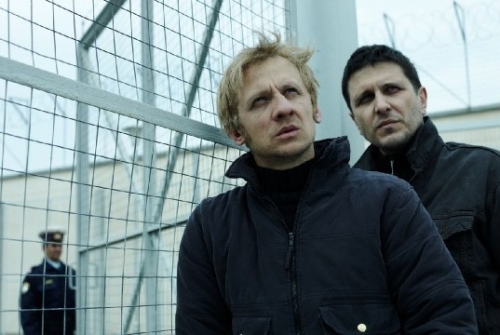 The Russian audience watched Bulgarian titles "Footsteps in the Sand" and "Mission London", and Israeli "Lebanon" The Russian audience watched Bulgarian titles "Footsteps in the Sand" and "Mission London", and Israeli "Lebanon" 29.06.2010
28.06.2010
21.06.2010
21.06.2010
14.06.2010
14.06.2010
10.06.2010
10.06.2010
09.06.2010
07.06.2010
03.06.2010
01.06.2010
01.06.2010
31.05.2010
28.05.2010
25.05.2010
25.05.2010
24.05.2010
17.05.2010
17.05.2010
FESTIVAL HONOURING THE WORKS OF MICHELANGELO ANTONIONI12.05.2010
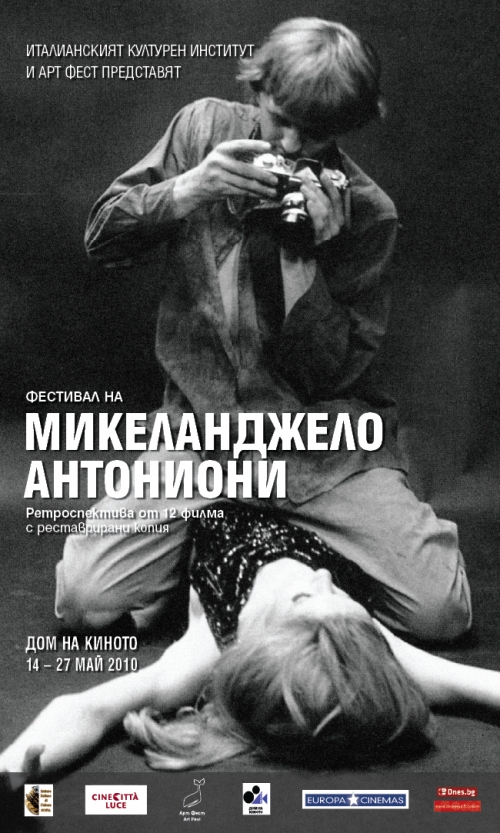 The Italian Cultural Institute and Art Fest present a 12 film retrospective of the legendary director including re-mastered versions The Italian Cultural Institute and Art Fest present a 12 film retrospective of the legendary director including re-mastered versions 12.05.2010
10.05.2010
05.05.2010
05.05.2010
03.05.2010
28.04.2010
26.04.2010
21.04.2010
19.04.2010
19.04.2010
14.04.2010
07.04.2010
31.03.2010
A DECADE OF BULGARIAN CINEMA 2000-2009 PROGRAMME25.03.2010
ACHIEVEMENTS OF BULGARIAN CINEMA IN THE FIRST DECADE OF THE 21st CENTURY24.03.2010
24.03.2010
A DECADE OF BULGARIAN CINEMA 2000-200923.03.2010
THE WINNERS THAT GAVE THEIR VOTE FOR THE AUDIENCE AWARD22.03.2010
16.03.2010
JAN TROELL: ART IS THERE TO CAPTURE THE EVERLASTING MOMENTS OF LIFE15.03.2010
CHANGE IN THE PROGRAMME OF THE FRENCH INSTITUTE TODAY15.03.2010
15.03.2010
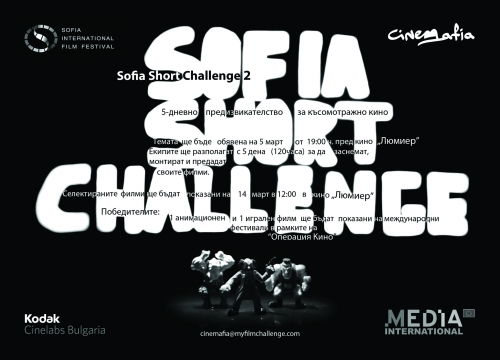 For the the second year in a row, the short film contest 'Sofia Short Challenge' will take place in partnership with 'Cinemafia'. For the the second year in a row, the short film contest 'Sofia Short Challenge' will take place in partnership with 'Cinemafia'. THE WINNERS OF THE 14th SOFIA INTERNATIONAL FILM FESTIVAL14.03.2010
PETER CALLAHAN: REAL LIFE IS A MIXTURE OF HUMOUR AND SADNESS, SO ARE MY FILMS14.03.2010
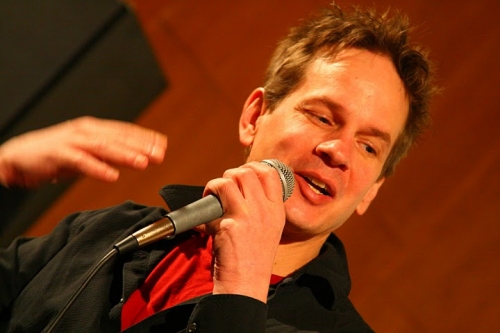 Cheerful and serene Peter Callahan speaks slowly and briefly but he’s concise. He says he’s very particulate about words and he chooses them very carefully, and he believes that when his movie is screened abroad with subtitles, it’s a not his movie anymore. It is his second time in Bulgaria. In 2003 he was here with his first feature film Last Ball. He liked the way the audiences reacted then and he’s happy to be back and to show his second film, Against the Current (starring Joseph Fiennes, Justin Kirk, Elizabeth Reaser, Mary Tyler Moore, Michelle Trachtenberg). His film is in the international competition, but Callahan smiles and says that even though he’s happy for this, he’s not usually the winner in competitions. This is not quite true though. He has received several awards for his first film, as well as for "Against the Current" which debuted in Sundance. Cheerful and serene Peter Callahan speaks slowly and briefly but he’s concise. He says he’s very particulate about words and he chooses them very carefully, and he believes that when his movie is screened abroad with subtitles, it’s a not his movie anymore. It is his second time in Bulgaria. In 2003 he was here with his first feature film Last Ball. He liked the way the audiences reacted then and he’s happy to be back and to show his second film, Against the Current (starring Joseph Fiennes, Justin Kirk, Elizabeth Reaser, Mary Tyler Moore, Michelle Trachtenberg). His film is in the international competition, but Callahan smiles and says that even though he’s happy for this, he’s not usually the winner in competitions. This is not quite true though. He has received several awards for his first film, as well as for "Against the Current" which debuted in Sundance. LET THE RIGHT ONE WIN!13.03.2010
 A day before the awards ceremony for the first or second film competition the directors who were guests at the festival gave a press conference. It turned out that only two of them, Kamen Kalev and Jacob Thierny watched one of their colleagues’ films. They saw each other’s film at the Tokyo film festival and they made a mutual appreciation society. Here is what they and the other participants in the competition who made it to Sofia told us. A day before the awards ceremony for the first or second film competition the directors who were guests at the festival gave a press conference. It turned out that only two of them, Kamen Kalev and Jacob Thierny watched one of their colleagues’ films. They saw each other’s film at the Tokyo film festival and they made a mutual appreciation society. Here is what they and the other participants in the competition who made it to Sofia told us. MASSIMO CAPELLI: THE POINT OF MAKING A FILM IS THAT IT REACHES TO A LOT OF DIFFERENT PEOPLE12.03.2010
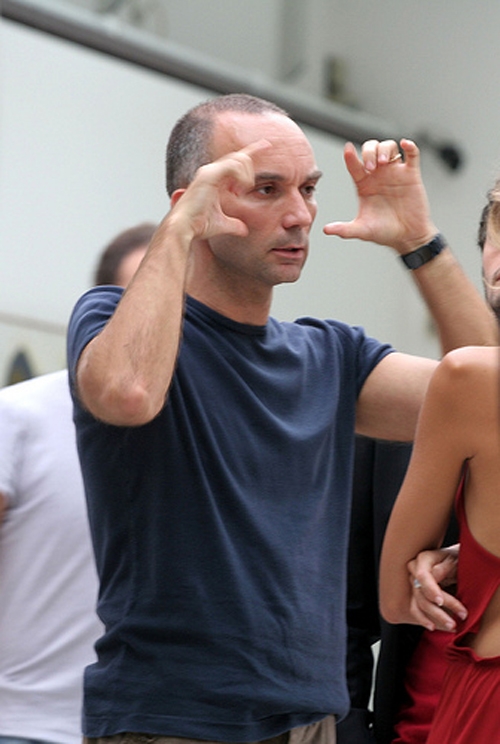 The Italian director and screenwriter Massimo Cappelli was born in Ascoli Piceno. For his short film Ampio, luminoso, vicino metro he was awarded with “Cinecittà Digital 2000” prize. In the small but curious selection of films that the region Friuli Venezia Giulia prepared for the 14th Sofia International Film Festival Massimo Cappelli is the director which we got to know best. His two comedies, the feature film Any Reason Not To Marry (2006) and the short and Everything Shines (2004) were greeted with laugh by the audience. We also saw his short drama For Agnese (2005). The Italian director and screenwriter Massimo Cappelli was born in Ascoli Piceno. For his short film Ampio, luminoso, vicino metro he was awarded with “Cinecittà Digital 2000” prize. In the small but curious selection of films that the region Friuli Venezia Giulia prepared for the 14th Sofia International Film Festival Massimo Cappelli is the director which we got to know best. His two comedies, the feature film Any Reason Not To Marry (2006) and the short and Everything Shines (2004) were greeted with laugh by the audience. We also saw his short drama For Agnese (2005). RAMTIN LAVAFIPUR: THE FILM IS A TOTALITY OF MANY LITTLE LIES WHICH LEAD TO A BIGGER TRUTH12.03.2010
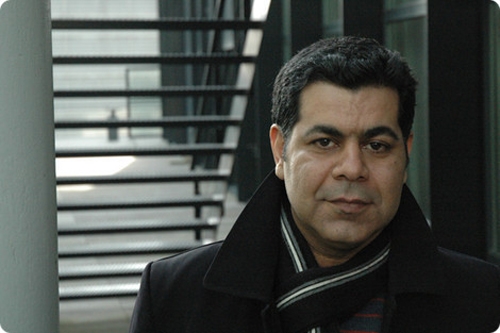 To travel to a distant and unfamiliar part of the world without having to go farther than the cinema hall is what the first feature of the Iranian director Ramtin Lavafipur Be Calm and Count to Seven suggests. The Far East films have always been documentation by means of the cinema technique but this could also be only an illusion that comes from the fact that the culture of those countries is so different than ours that the mysterious world they capture excite us more as a reality than as a pure cinema. Be Calm and Count to Seven is no exception. The story of a small fishermen’s village on the coast of Sothern Iran where locals live off the smuggling of goods and people is curious enough with its exotic as well as with the way that it was retold for the big screen. To travel to a distant and unfamiliar part of the world without having to go farther than the cinema hall is what the first feature of the Iranian director Ramtin Lavafipur Be Calm and Count to Seven suggests. The Far East films have always been documentation by means of the cinema technique but this could also be only an illusion that comes from the fact that the culture of those countries is so different than ours that the mysterious world they capture excite us more as a reality than as a pure cinema. Be Calm and Count to Seven is no exception. The story of a small fishermen’s village on the coast of Sothern Iran where locals live off the smuggling of goods and people is curious enough with its exotic as well as with the way that it was retold for the big screen. PHOTOCOMPETITION12.03.2010
KIRAN KOLAROV: AFTER 8 VERSIONS OF THE SCRIPT I FINALLY CONNECTED WITH MY LEADING CHARACTER12.03.2010
FILM SURPRISE TODAY - THE TROTSKY12.03.2010
12.03.2010
11.03.2010
11.03.2010
VOTE FOR THE AUDIENCE AWARD10.03.2010
 The voting for the Audience award for best film from International and Balkan competition of 14th Sofia International Film Festival continues. The voting for the Audience award for best film from International and Balkan competition of 14th Sofia International Film Festival continues. FOOTBALL & SHAHMAT IN CONCERT TONIGHT AT THE FESTIVAL CENTER09.03.2010
FOR DOME KARUKOSKI THE FORBIDDEN FRUIT IS ALWAYS SWEETER, NEVERMIND THE BITTERNESS AT THE END09.03.2010
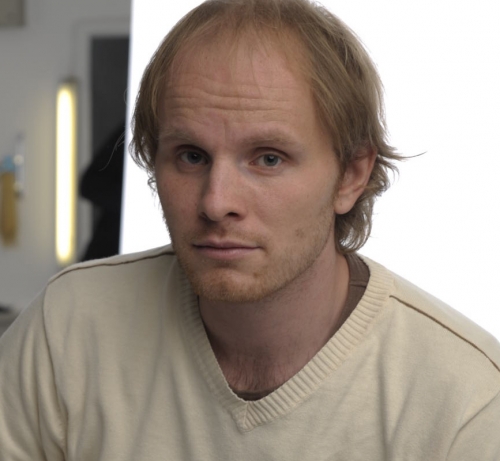 Finnish director Dome Karukoski was guest at the 14th International Film Festival to present his film The Forbidden Fruit which marked the Finnish Festival Gala. It is an intimate drama about the teenage girls Raakel and Maria, who grew up in the closed Christian sect of the conservative Laestedians. Finnish director Dome Karukoski was guest at the 14th International Film Festival to present his film The Forbidden Fruit which marked the Finnish Festival Gala. It is an intimate drama about the teenage girls Raakel and Maria, who grew up in the closed Christian sect of the conservative Laestedians. 09.03.2010
BULGARIA - FRIULI VENEZIA GIULIA PARTNERSHIP08.03.2010
08.03.2010
VOTE FOR THE AUDIENCE AWARD08.03.2010
DJ FOZZY TONIGHT - NEW WAVE & POST PUNK SKA & FUNK08.03.2010
DJ DHARBA TONIGHT07.03.2010
SVETOSLAV OVCHAROV: WE HAVE TO FORGET ABOUT THE TIME OF EASY TRUTHS06.03.2010
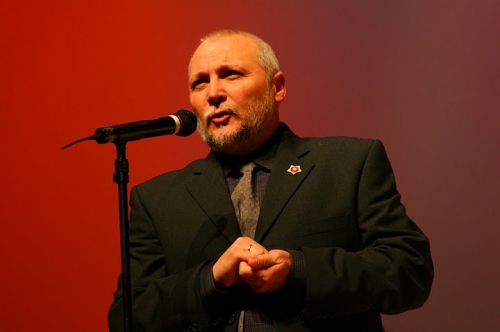 „Voice Over” was the opening film at the 14th edition of the Sofia International Film Festival and the consecutive piece by director and script writer Svetoslav Ocharov. The film was made in Sofia and Berlin in 2009, and it came to life thanks to Gala Film, Omega Film in a co-production with BNT. Behind the scenes of a person’s life that has a love for art in the end of the 70s in Bulgaria are love, fear and many compromises. „Voice Over” was the opening film at the 14th edition of the Sofia International Film Festival and the consecutive piece by director and script writer Svetoslav Ocharov. The film was made in Sofia and Berlin in 2009, and it came to life thanks to Gala Film, Omega Film in a co-production with BNT. Behind the scenes of a person’s life that has a love for art in the end of the 70s in Bulgaria are love, fear and many compromises. 05.03.2010
03.03.2010
03.03.2010
01.03.2010
FIVE FILMMAKERS ARE GOING TO TO BE HONOURED WITH THE SOFIA MUNICIPALITY AWARD26.02.2010
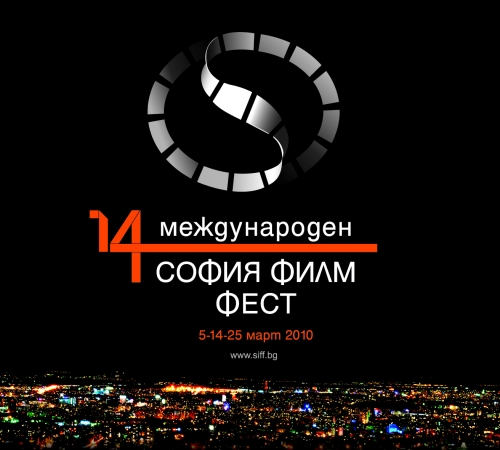 Composer Bojidar Petkov, the creator of ‘Sacco & Vanzetti’ Giuliano Montaldo, the five-time Oscar nominee Jan Troell, British director Tony Palmer and Russian legend Sergei Solvyov are all going to receive the Sofia Municipality Award for their contribution to cinema. Composer Bojidar Petkov, the creator of ‘Sacco & Vanzetti’ Giuliano Montaldo, the five-time Oscar nominee Jan Troell, British director Tony Palmer and Russian legend Sergei Solvyov are all going to receive the Sofia Municipality Award for their contribution to cinema. 25.02.2010
23.02.2010
12 FILMS IN THE INTERNATIONAL COMPETITION OF SOFIA FILM FEST22.02.2010
22.02.2010
KRASIMIR KROUMOV: А HOLLY FAMILY IS EVERY FAMILY WHICH SHARES LOVE AND UNDERSTANDING21.02.2010
SOFIA INTERNATIONAL FILM FESTIVAL IS NOW RECOGNIZED BY FIAPF19.02.2010
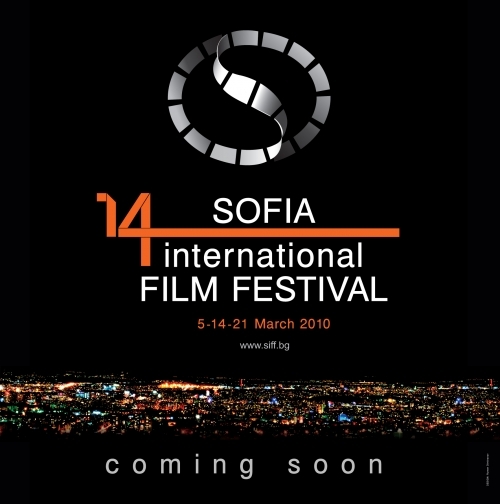 The leading Bulgarian film event was accredited by FIAPF as a ‘competitive festival specialized in first and second films’! The leading Bulgarian film event was accredited by FIAPF as a ‘competitive festival specialized in first and second films’! NINE FILMS WILL BE COMPETING IN THE BALKAN COMPETITION OF THE 14th SOFIA FILM FESTIVAL17.02.2010
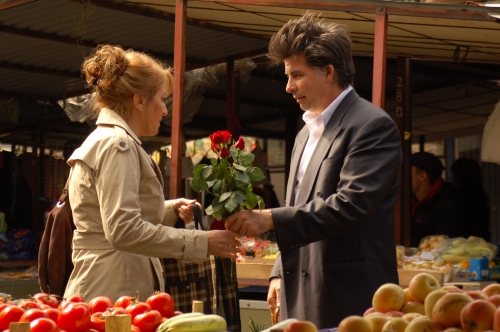 A total of 9 films will be taking part in the Balkan Competition of the 14th Sofia International Film Festival. These are “I Believe In Angels”, Croatia by Niksa Svilicic, “East, West, East - the final Sprint”, Albania-Italy by Gjergj Xhuvani, “Katalin Varga”, a co-production of Romania, UK and Hungary by Peter Strickland, “Medal Of Honor”, Romania-Germany by Calin Peter Netzer, “Wrong Rosary”, Turkey By Mahmut Fazil Coskun, “St. George Shoots the Dragon”, Serbia, Bosnia and Herzegovina and Bulgaria by Srdjan Dragojevic, “Slovenian Girl”, Slovenia by Damjan Kozole and “Here and There”, Serbia by Darko Lungulov, as well as Bulgarian film “Forecast” by Zornitsa Sofia. A total of 9 films will be taking part in the Balkan Competition of the 14th Sofia International Film Festival. These are “I Believe In Angels”, Croatia by Niksa Svilicic, “East, West, East - the final Sprint”, Albania-Italy by Gjergj Xhuvani, “Katalin Varga”, a co-production of Romania, UK and Hungary by Peter Strickland, “Medal Of Honor”, Romania-Germany by Calin Peter Netzer, “Wrong Rosary”, Turkey By Mahmut Fazil Coskun, “St. George Shoots the Dragon”, Serbia, Bosnia and Herzegovina and Bulgaria by Srdjan Dragojevic, “Slovenian Girl”, Slovenia by Damjan Kozole and “Here and There”, Serbia by Darko Lungulov, as well as Bulgarian film “Forecast” by Zornitsa Sofia. NEW BULGARIAN FEATURE FILMS AT THE 14th INTERNATIONAL SOFIA FILM FESTIVAL12.02.2010
11.02.2010
11.02.2010
CINEMA TODAY - THE BIG MASTERS09.02.2010
THE MOST AMBITIOUS AND ADVANCED OF ALL THE FESTIVAL'S PROGRAMMES UP TO NOW01.02.2010
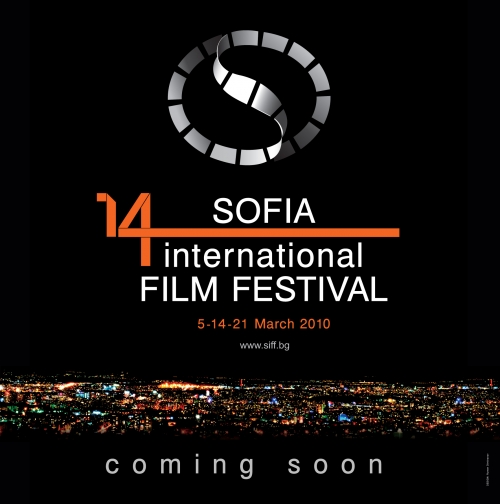 For a 14th year the Sofia International Film Festival will gather together films, guests, stars, journalists and lovers of good filmmaking in Bulgaria’s capital Sofia. Featured in Variety’s Top 50 of cinema festivals, the largest-scale cinematographic event that represents Bulgaria proudly to the world will once again declare itself as one of the important festivals in South Eastern Europe. For a 14th year the Sofia International Film Festival will gather together films, guests, stars, journalists and lovers of good filmmaking in Bulgaria’s capital Sofia. Featured in Variety’s Top 50 of cinema festivals, the largest-scale cinematographic event that represents Bulgaria proudly to the world will once again declare itself as one of the important festivals in South Eastern Europe. "THE BIG FIVE" - 14th SOFIA INTERNATIONAL FILM FESTIVAL'S MOST AMBITIOUS PROGRAMME26.01.2010
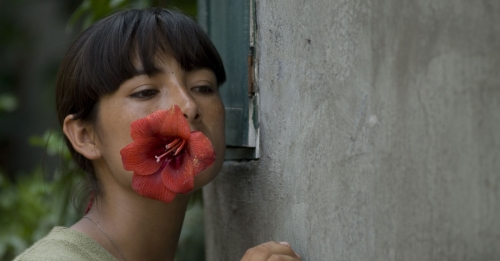 On September 7, 2007, the influential magazine ‘Variety’ published a program article titled “50 Unmissable Film Festivals.” For the film industry, this turned into a kind of a visa stamp for the events that made it into the list, ensuring them an entry into the world league of film festivals. Our Sofia International Film Festival was among the 20 European festivals…. On September 7, 2007, the influential magazine ‘Variety’ published a program article titled “50 Unmissable Film Festivals.” For the film industry, this turned into a kind of a visa stamp for the events that made it into the list, ensuring them an entry into the world league of film festivals. Our Sofia International Film Festival was among the 20 European festivals….
SERGEY SOLOVYOV COMES AS A SPECIAL GUEST FOR THE 14th SOFIA FILM FESTIVAL26.01.2010
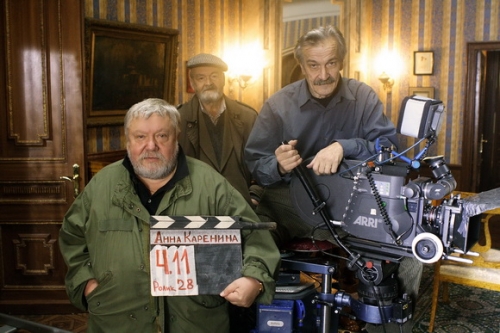 The brilliant Russian director will receive the Sofia Municipality Award for his Contribution in Cinema
“Until you have a maniacal attitude to what you’re trying to do, nothing will come out of it,” the award winner of the Berlin and Venice film festivals Sergei Solovyov says. The brilliant Russian director will receive the Sofia Municipality Award for his Contribution in Cinema
“Until you have a maniacal attitude to what you’re trying to do, nothing will come out of it,” the award winner of the Berlin and Venice film festivals Sergei Solovyov says. JAMESON HAS ACQUIRED 997 MINUTES OF BRAND NEW BULGARIAN SHORT FILMS22.01.2010
 The 8th edition of the Jameson Short Film Award, which takes place in the framework of the Sofia International Film Festival, had a total of 77 submissions of new Bulgarian short films. It is now up to the selection committee to pick the best 12 from these, which will then compete for the prize of 6 000 Euros provided by Jameson Irish Whiskey. The 8th edition of the Jameson Short Film Award, which takes place in the framework of the Sofia International Film Festival, had a total of 77 submissions of new Bulgarian short films. It is now up to the selection committee to pick the best 12 from these, which will then compete for the prize of 6 000 Euros provided by Jameson Irish Whiskey. 9 FOREIGN LANGUAGE FILMS ADVANCE IN OSCAR® RACE20.01.2010
14th SOFIA INTERNATIONAL FILM FESTIVAL15.01.2010
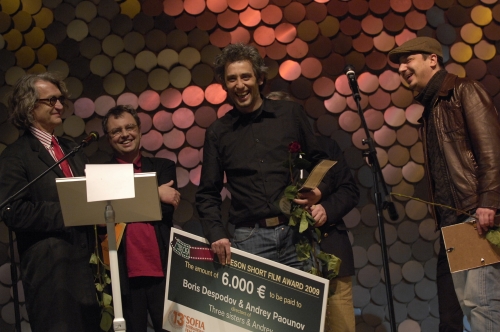 For its 13 year life-span, The Sofia International Festival has evolved into the leading International film and cinema event in Bulgaria, as well as a key festival in the whole of the South-Eastern European region. The Festival was featured in Variety’s Top 50 list of cinema festivals in 2007, which makes the event worthy of representing Bulgaria across the world. What started as a thematic music festival, went on through 13 previous editions to become a massive celebration of cinematography with serious claims for the most demanding audience, as it brings the current world cinema trends to domestic viewers and the latest in Bulgarian and regional cinema to the world. For its 13 year life-span, The Sofia International Festival has evolved into the leading International film and cinema event in Bulgaria, as well as a key festival in the whole of the South-Eastern European region. The Festival was featured in Variety’s Top 50 list of cinema festivals in 2007, which makes the event worthy of representing Bulgaria across the world. What started as a thematic music festival, went on through 13 previous editions to become a massive celebration of cinematography with serious claims for the most demanding audience, as it brings the current world cinema trends to domestic viewers and the latest in Bulgarian and regional cinema to the world. "FOCUS BULGARIA" AT THE FRAMEWORK OF THE SOFIA FILM FESTIVAL AND THE YEAR OF THE BULGARIAN CINEMA15.01.2010
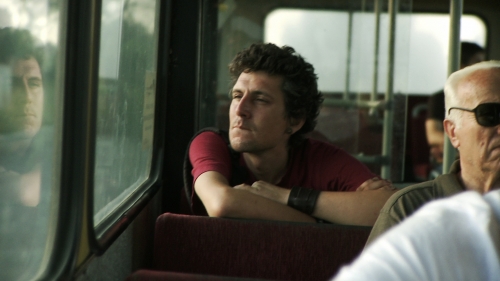 2010 is going to be the ‘Year of Bulgarian Cinema’ and thereby for the first time in its history the focus of the Sofia Film Festival is going to be Bulgaria. The main theme of the festival will be the past decade in Bulgarian cinematography, ten very important years for our domestic cinema. After the initial shock from the introduction of the project-style of working and organizing and the shortage of funding, Bulgarian cinema gradually started to recover with the passing of the ‘Film Production and Distribution’ act of 2004, eventually peaking in 2009. 2010 is going to be the ‘Year of Bulgarian Cinema’ and thereby for the first time in its history the focus of the Sofia Film Festival is going to be Bulgaria. The main theme of the festival will be the past decade in Bulgarian cinematography, ten very important years for our domestic cinema. After the initial shock from the introduction of the project-style of working and organizing and the shortage of funding, Bulgarian cinema gradually started to recover with the passing of the ‘Film Production and Distribution’ act of 2004, eventually peaking in 2009. "THE WORLD IS BIG AND SALVATION LURKS AROUND THE CORNER" IN LOS ANGELES09.01.2010
SOFIA FILM FEST FOR STUDENTS CONTINUES ITS PROGRAMME07.01.2010
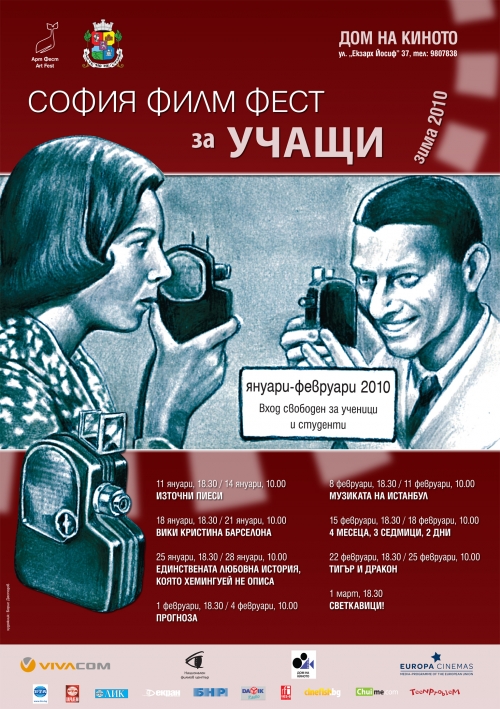 The ‘Sofia Film Festival for Students’ programme is back again for another edition. The huge amount of interest on behalf of students and younger people wanting watch fascinating and distinctive European and Independent films has compelled Art Fest to continue their event at the ‘Cinema House’. The ‘Sofia Film Festival for Students’ programme is back again for another edition. The huge amount of interest on behalf of students and younger people wanting watch fascinating and distinctive European and Independent films has compelled Art Fest to continue their event at the ‘Cinema House’. NATIONAL COMPETITION JAMESON SHORT AWARD30.12.2009
|
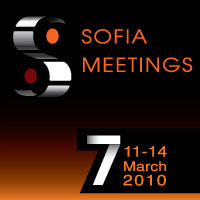

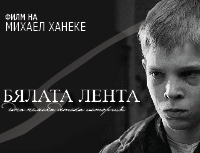


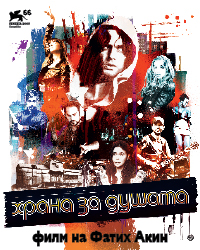


|
||
| © 2001 - 2010 Art Fest | ||||
| Created by: WebFashion Ltd. Graphic Design: Rumen Dimitranov |
||||
| Disclaimer: The sole responsibility lies with the author and the Education, Audiovisual and Culture Executive Agency and the Commission of the European Communities are not responsible for any use that maybe made of the information contained therein. | ||||

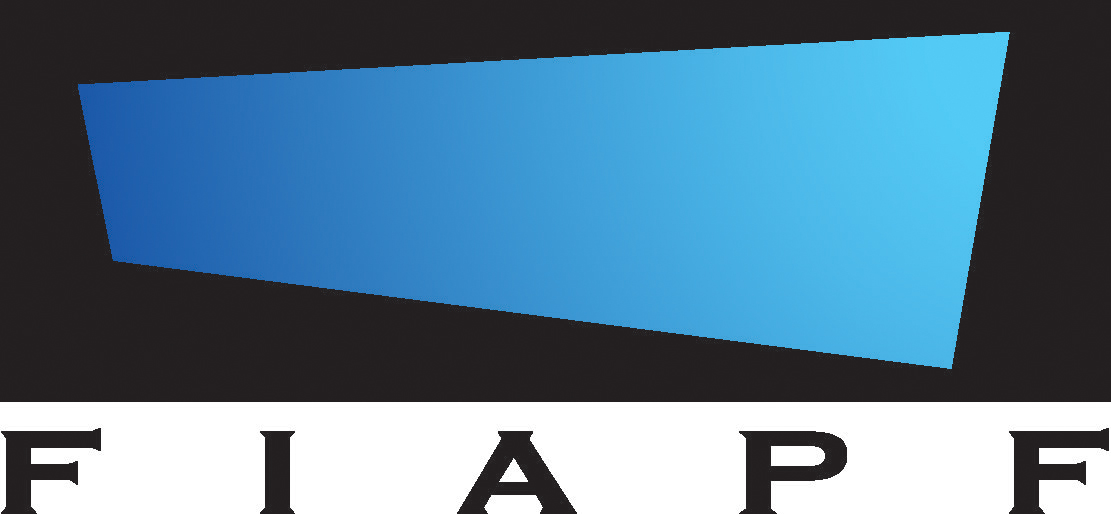


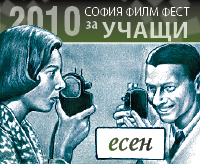
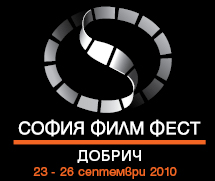

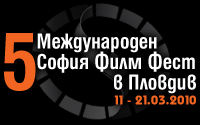
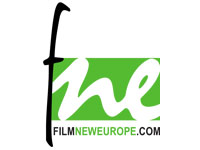
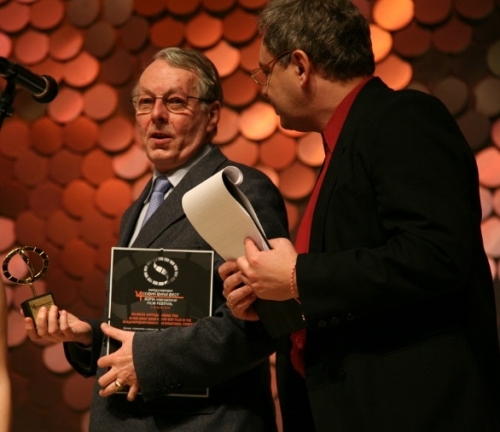
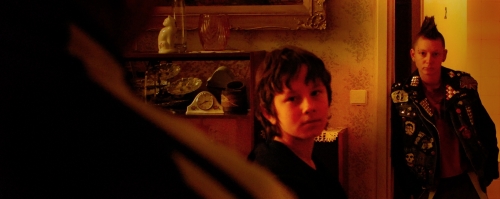

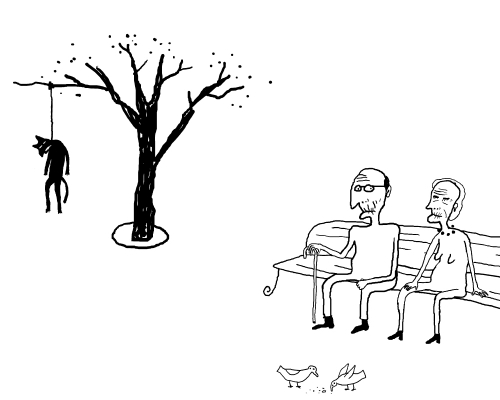
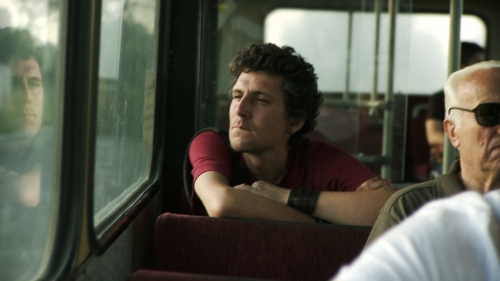
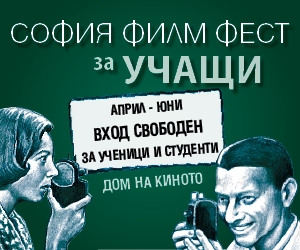
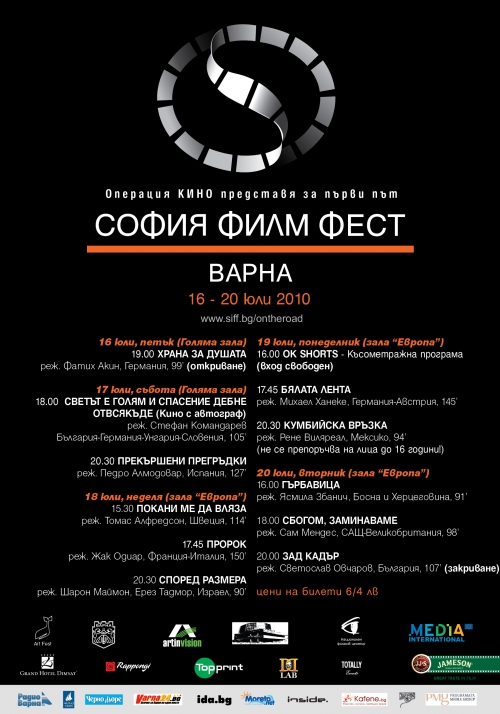
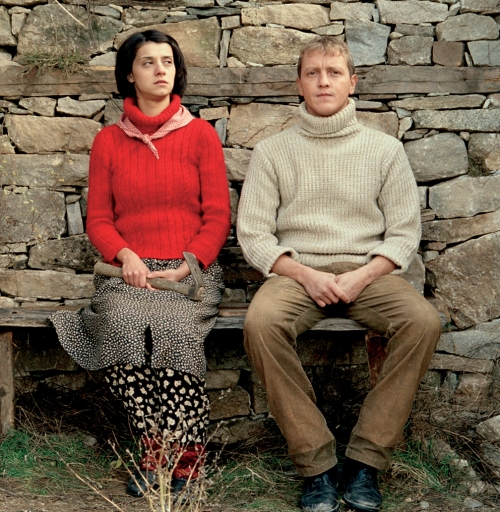
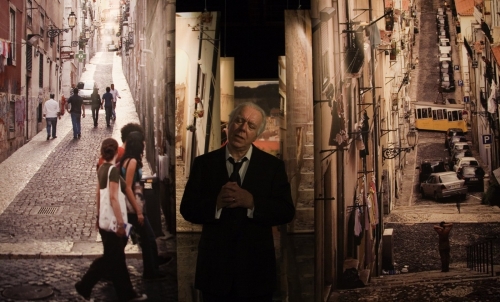
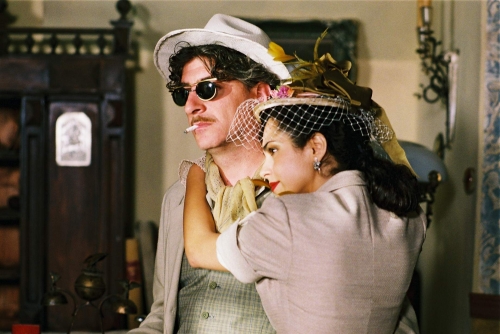
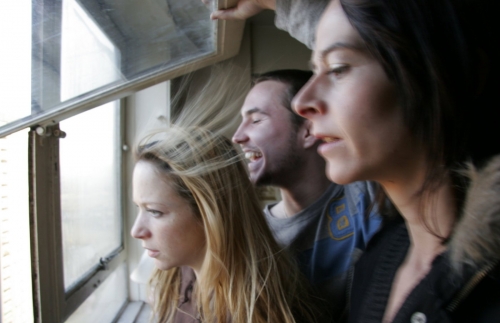
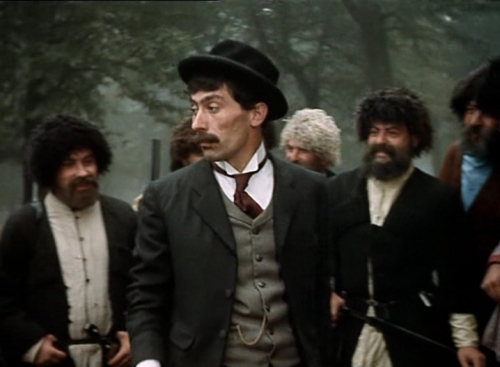
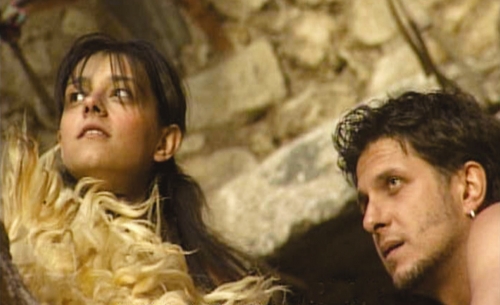
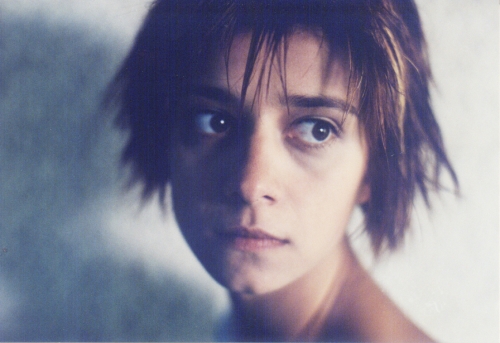
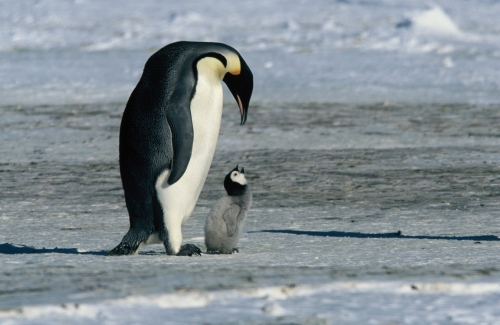
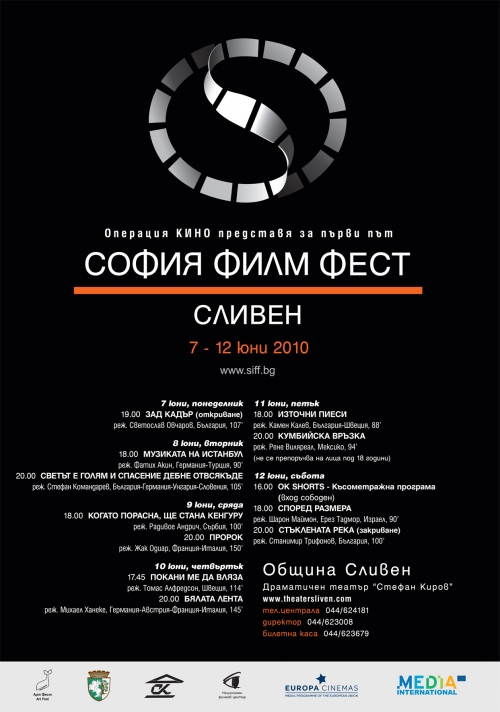
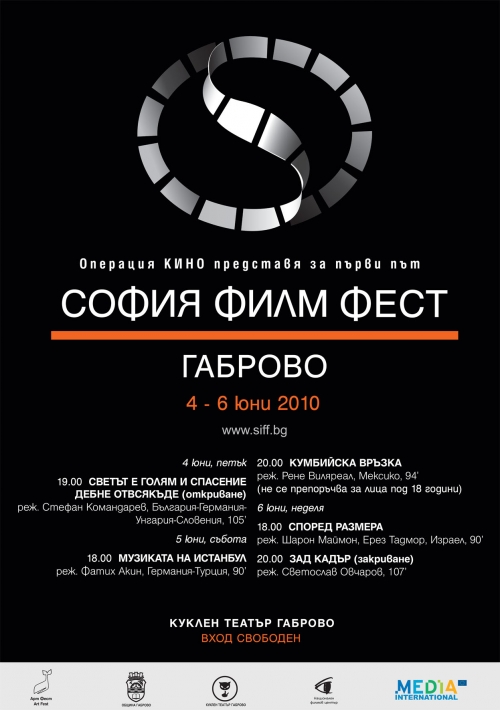
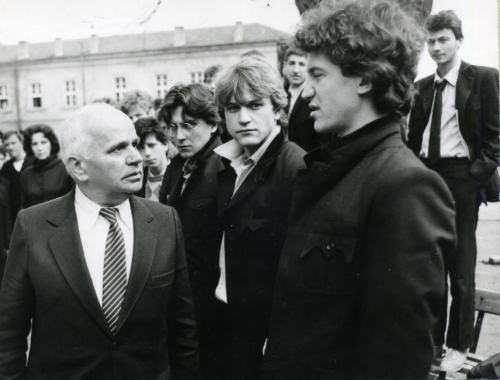
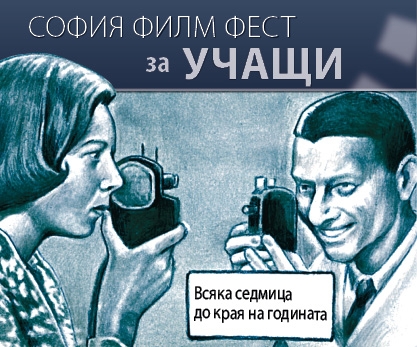
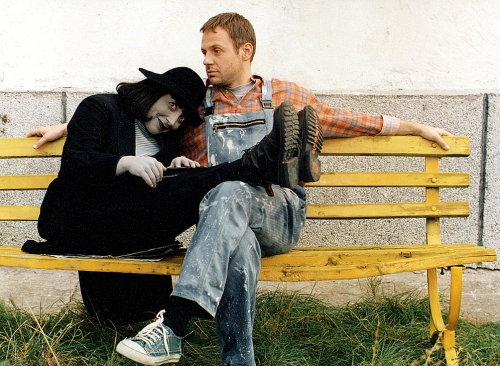
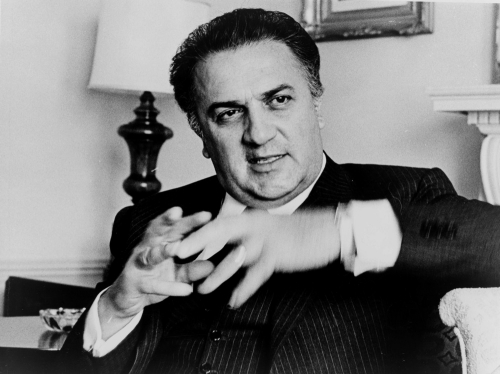
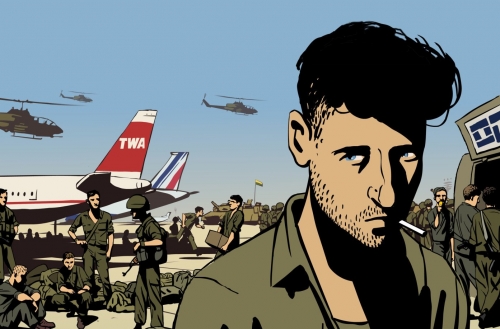
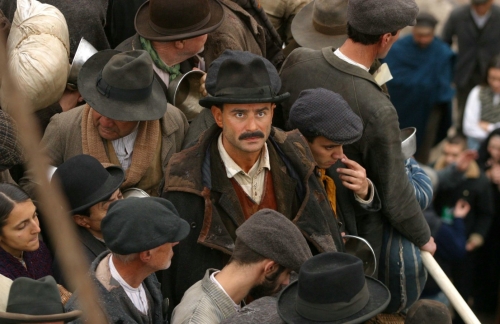
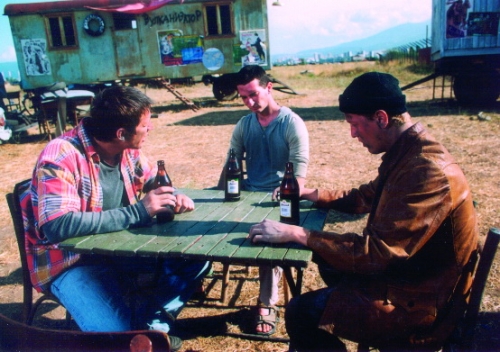
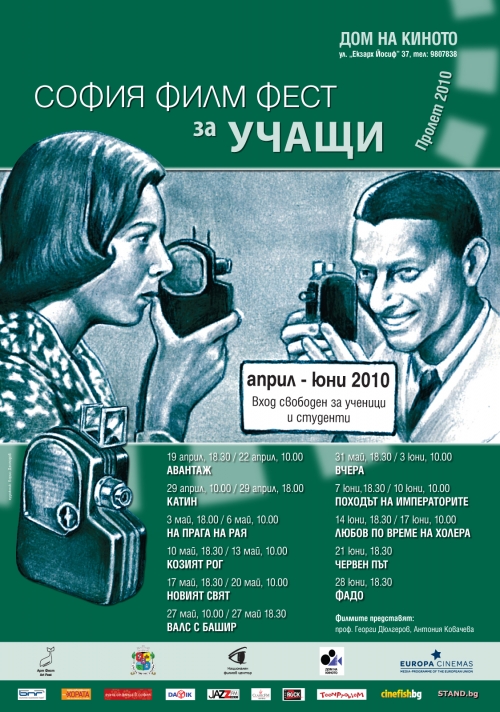
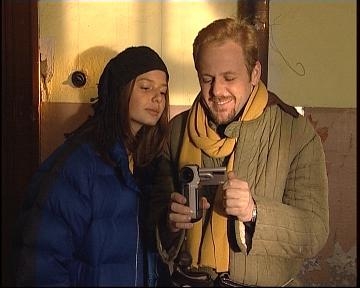
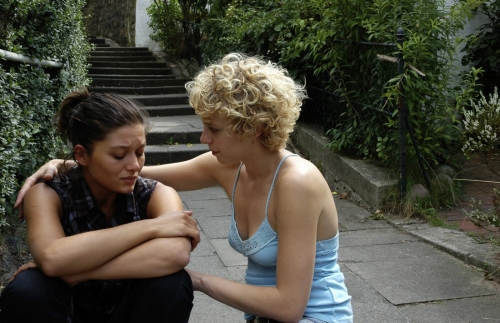
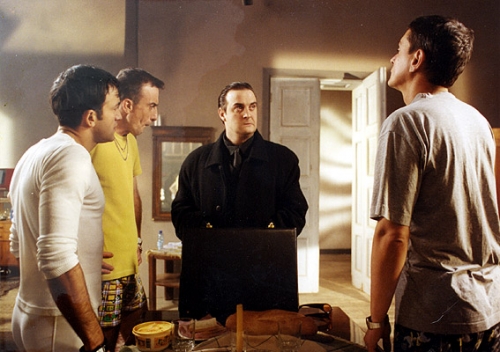
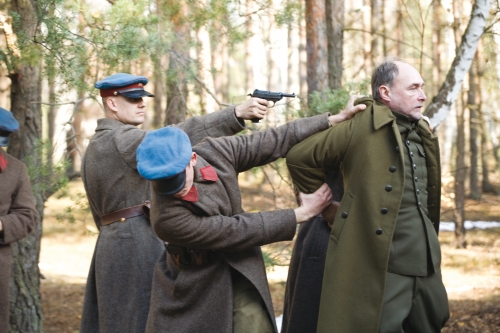
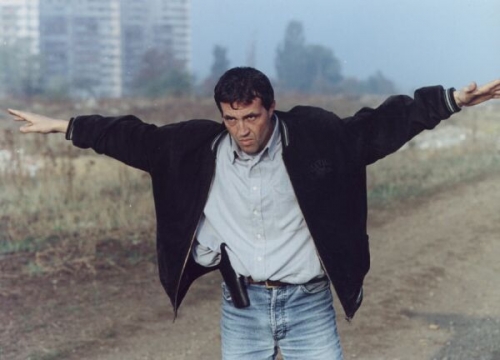
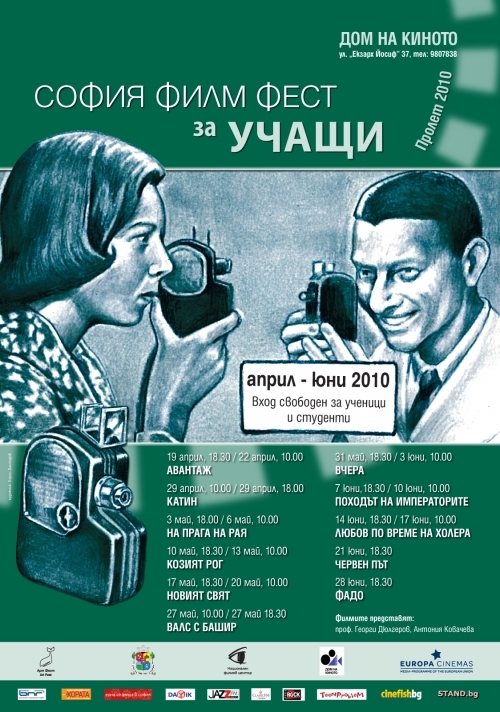
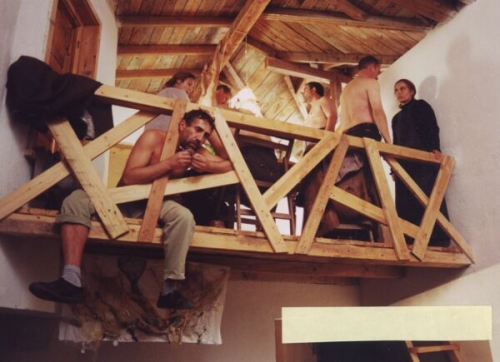
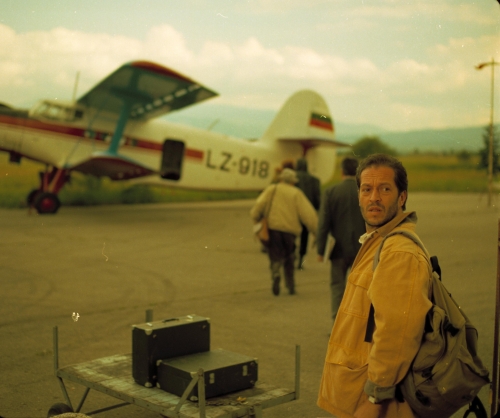
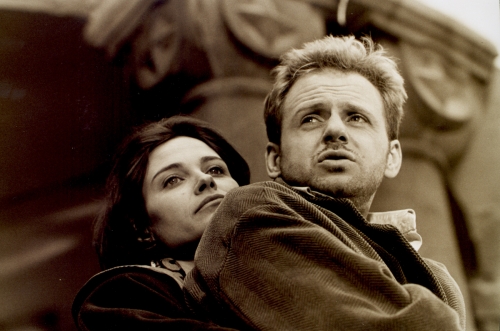
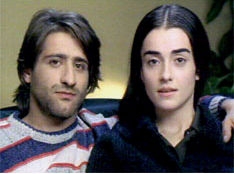
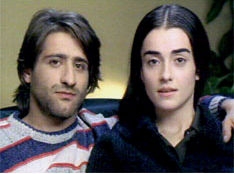
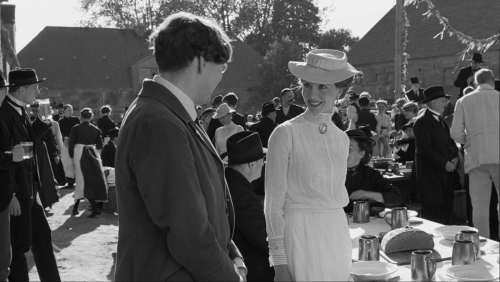
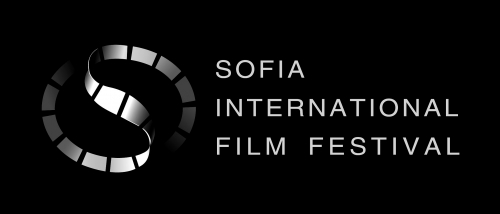
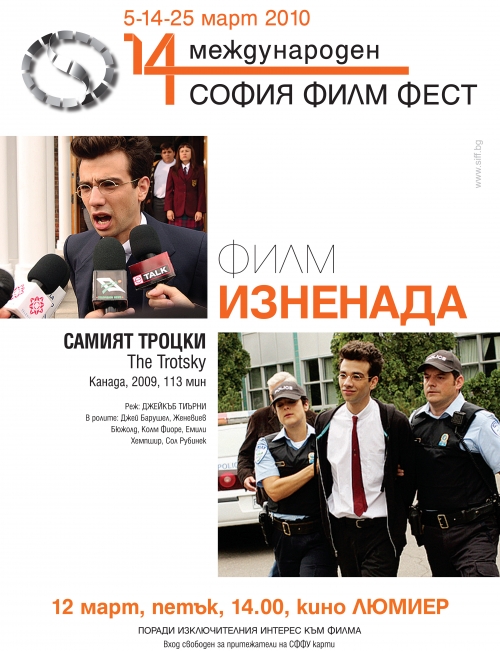
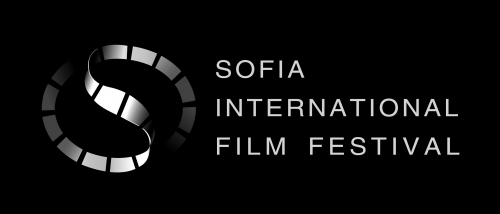

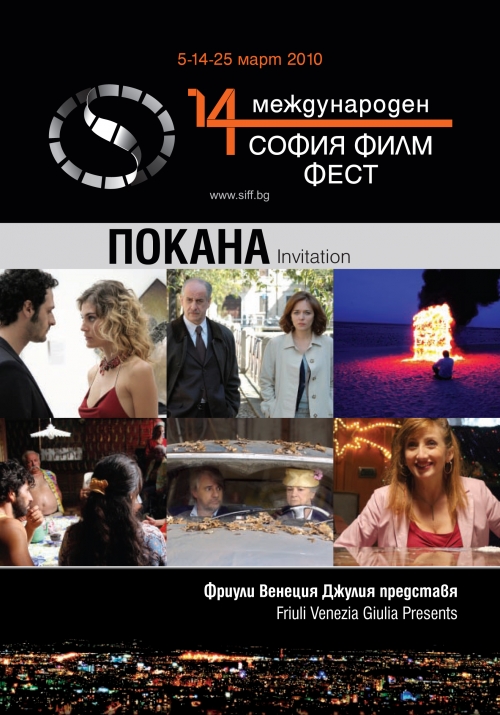
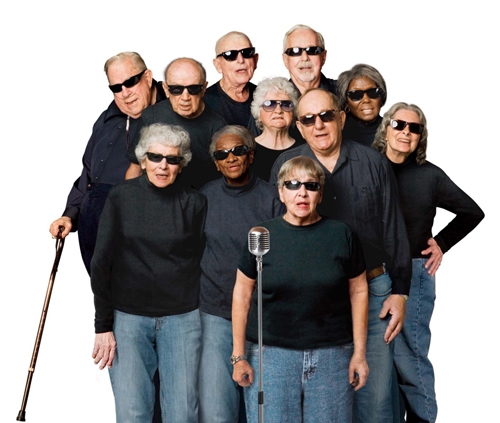
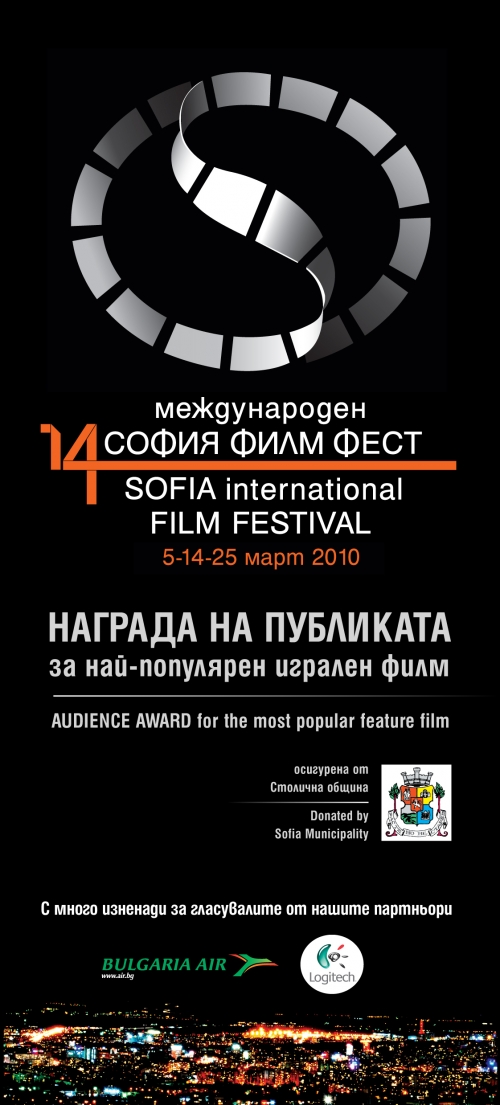
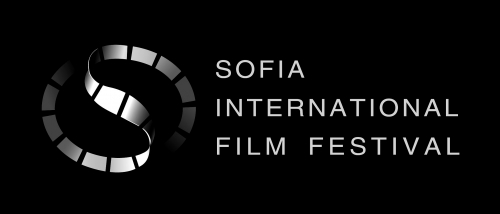
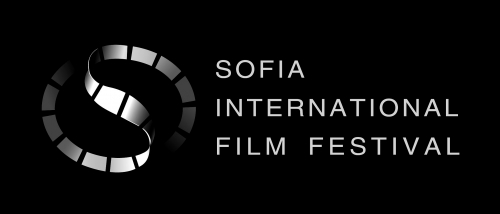
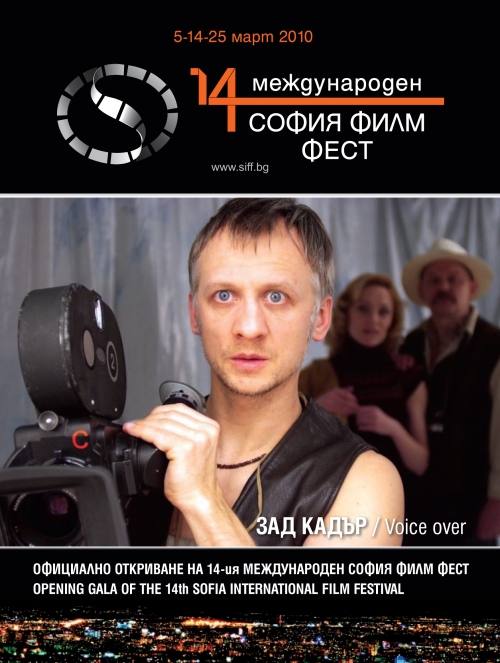
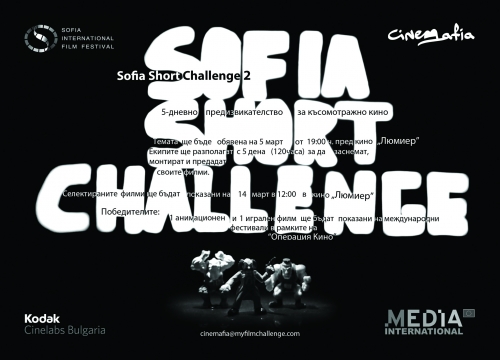
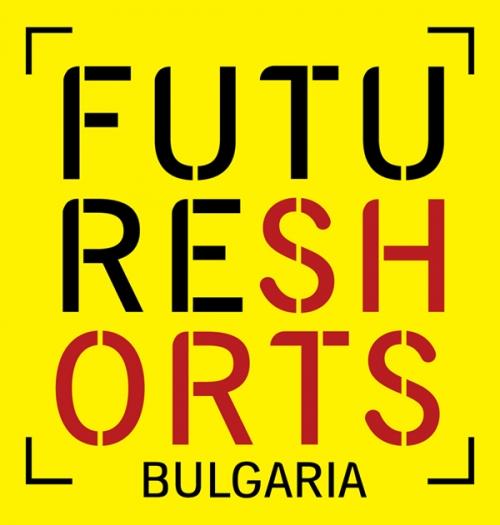

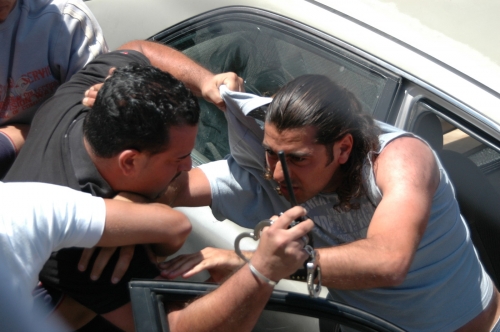
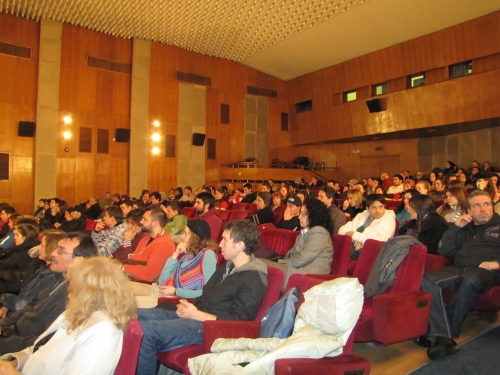
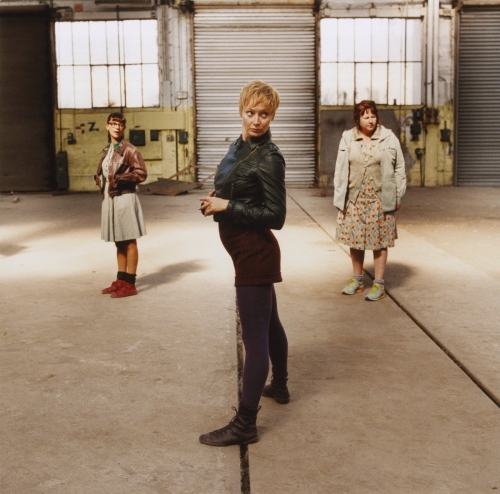
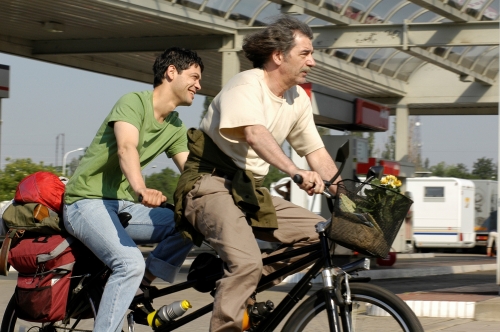
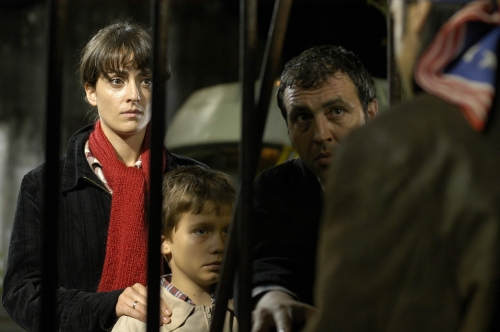
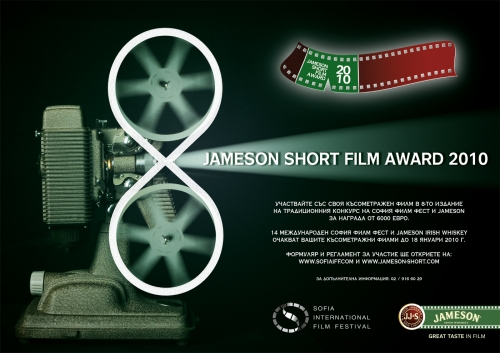
You must be logged in to post comments!